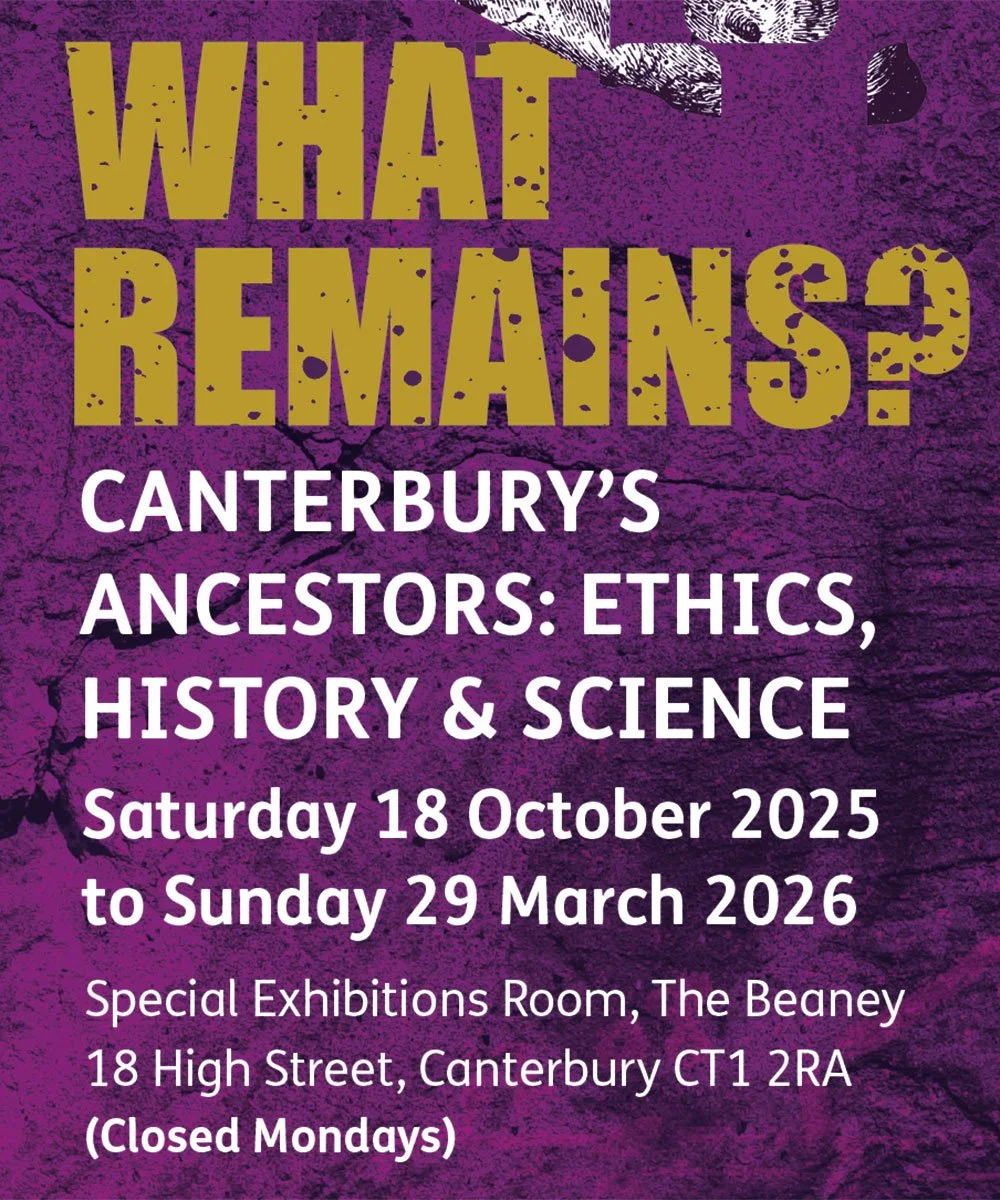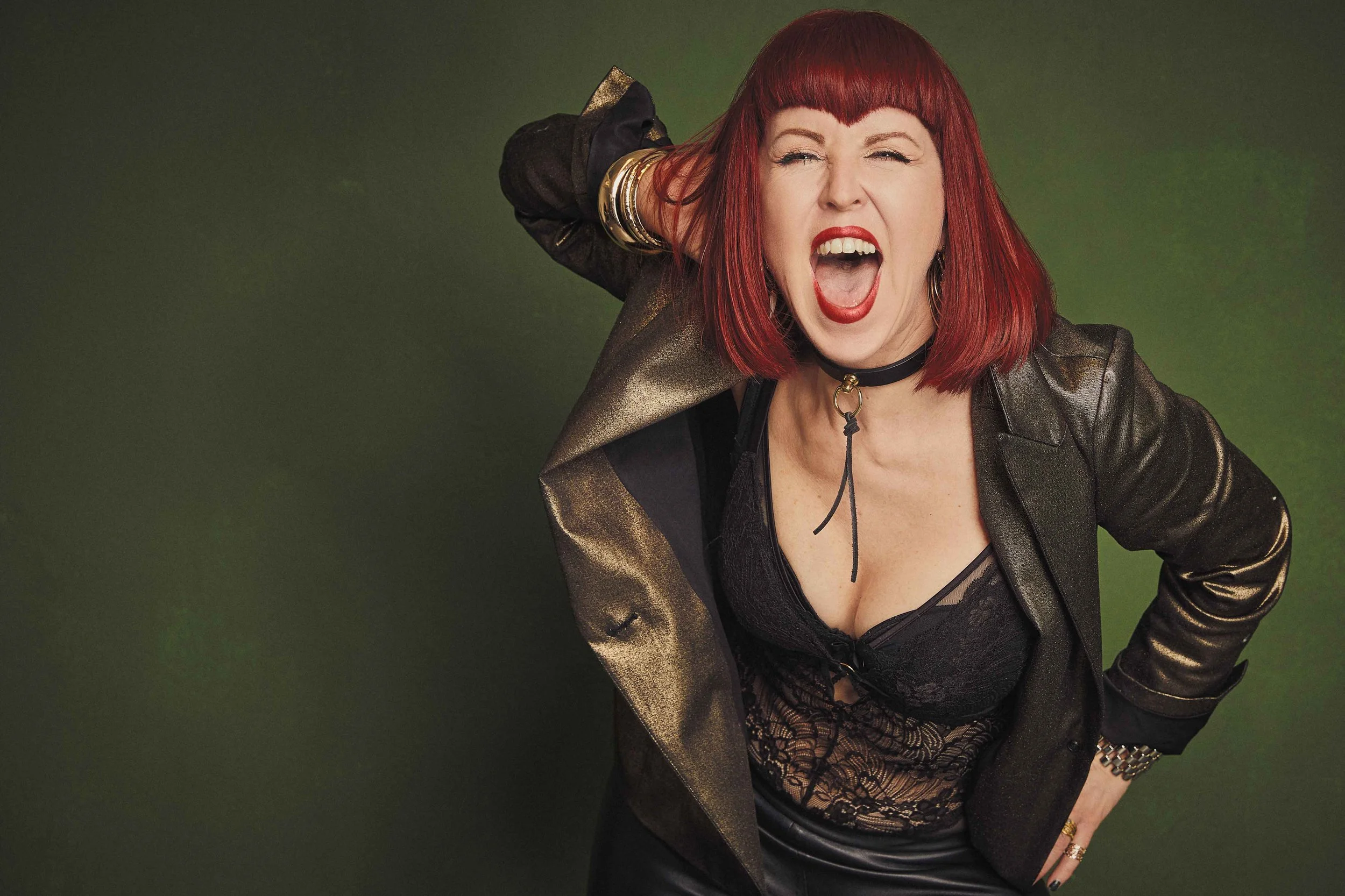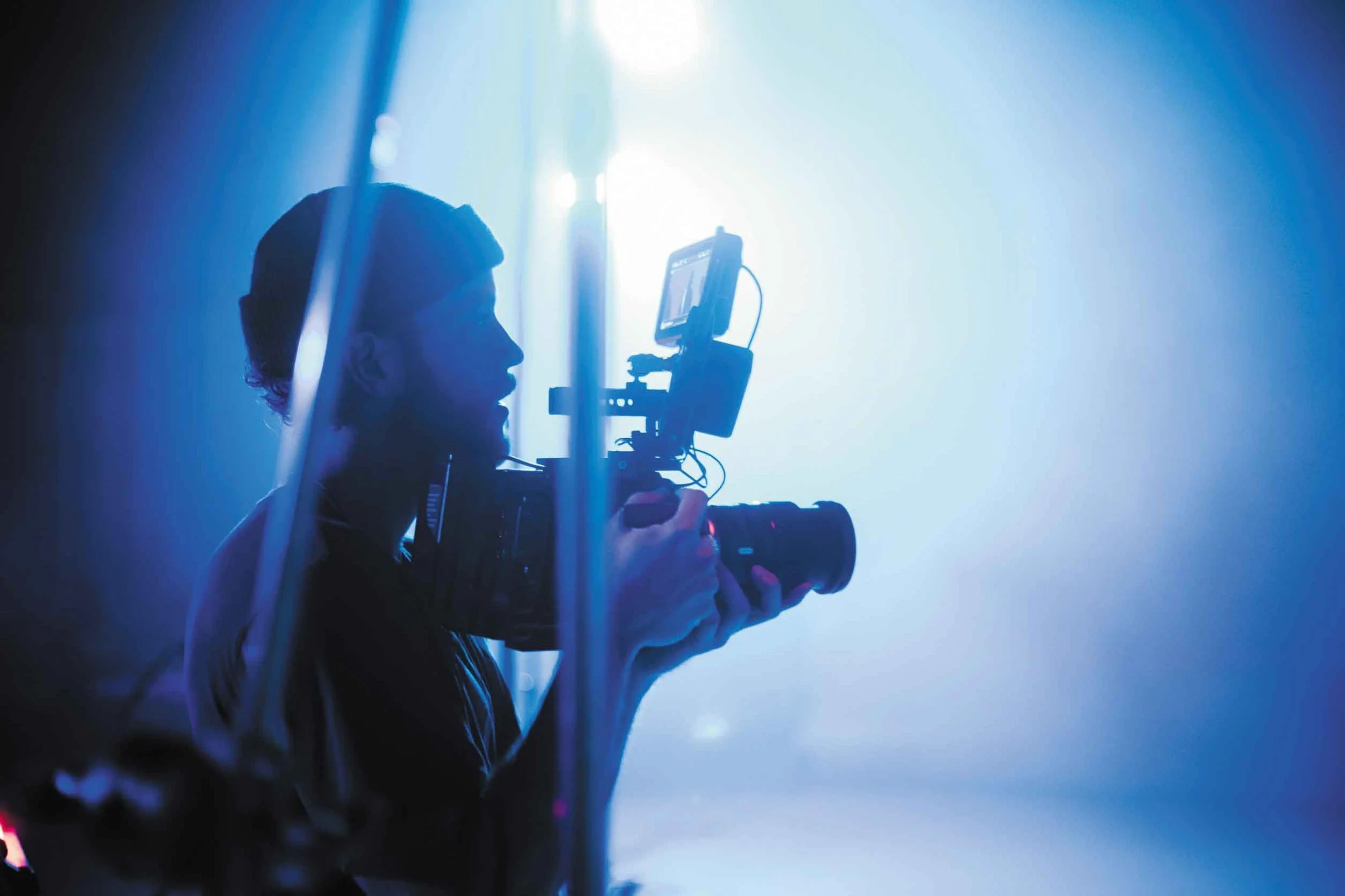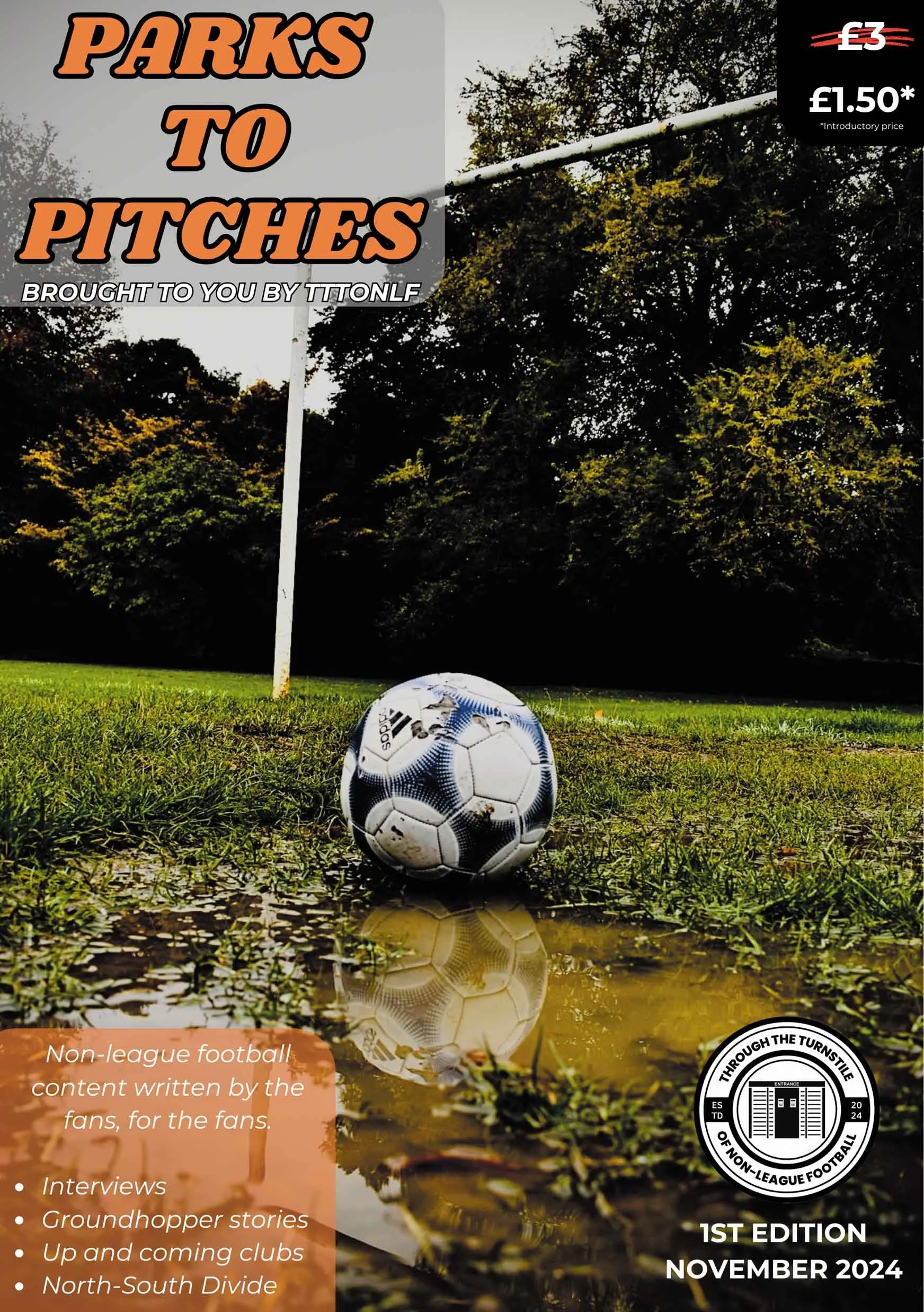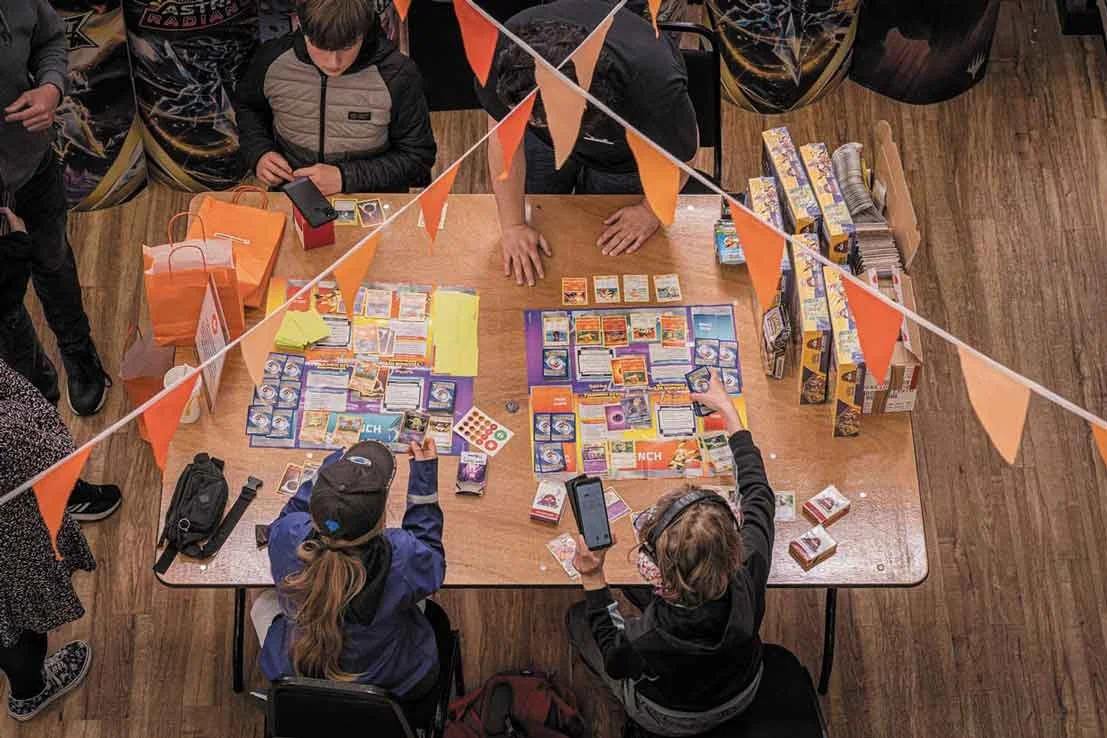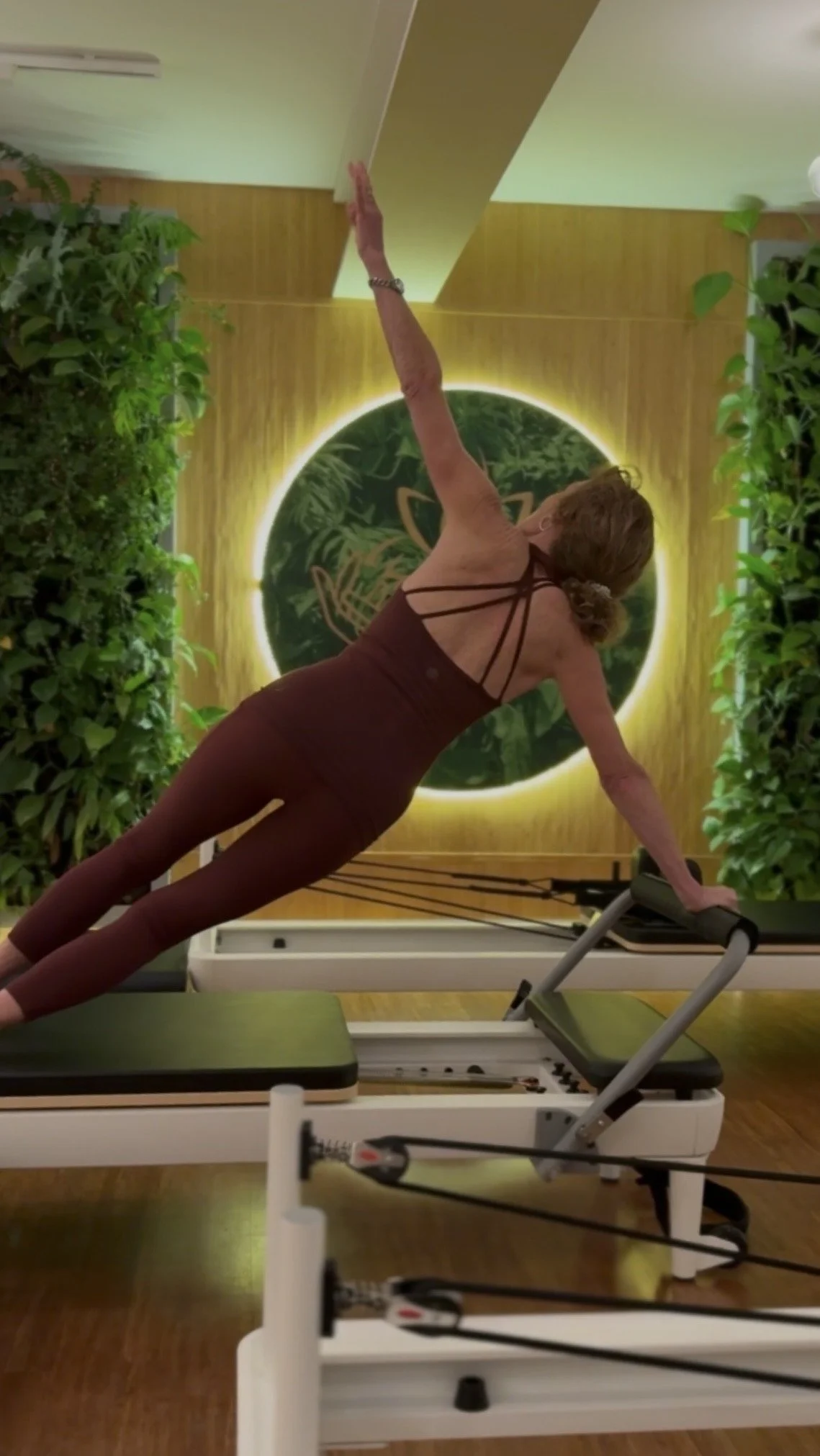Iconic myths with a modern motive: Interview with West Malling's Rosie Hewlett
Columnist Zahra Barri chats to West Malling’s bestselling author Rosie Hewlett about modern threads in Greek myths, powerful women and whether the quest for the golden fleece was today’s desire for social media ‘likes’...
It’s our swanky new literary column! Move over, comedians, it’s time to put Kent authors into the spotlight. With Greek myth comedy-thriller Kaos being one of the biggest-streaming shows of the year, it’s cracking timing to have
Rosie Hewlett, author of Medusa and Medea, as our first interview.
She’s a Sunday Times Bestseller and winner of the 2012 Rubery Book of the Year Award, and I read her latest (Medea) vivaciously. Hewlett’s prose pops between poetry, pathos and action-packed drama evocative of the Greeks (minus the plate-smashing).
Yet Medea is SO relatable in the way she deals with love, betrayal and daddy issues (what girl hasn’t annoyed their dad running off with a bloke called Jason?). What struck me was that Medea is iconised as ‘witch’ because of her powers… yet when men display such powers, they are called ‘CEO’.
Through her retelling, Hewlett redefines the ‘ugly’ tropes of powerful women. She comments: “There was a time when being called a ‘witch’ could be a death sentence, but now women are reclaiming the label – just look at WitchTok on TikTok!” Yes, and Sabrina the Teenage Witch…
How did you discover your passion for Greek mythological characters?
I was lucky that my school offered classical civilisation as an option at GCSE. From my first lesson I was captivated by the world of Greek mythology – the epic quests, the squabbling gods, the valiant heroes and the beautifully tragic stories. Classics captured my imagination in a way no other subject ever had. I wanted to know everything I could, so I went on to study it at A-level and then at university, where I got my degree in classical literature and civilisation. I suppose it was inevitable I would start writing my own myth retellings as it was a way for me to fully immerse myself in this world I love so much.
Margaret Atwood said (of historical and mythological fiction) that ‘we can’t help but be contemporary’. What statements did you intend to highlight about contemporary society with Medea and Medusa?
I believe, no matter the genre, authors cannot help but weave a piece of themselves and their surroundings into their stories. This is true for Greek mythology as well. Throughout history these myths have been told and retold, with storytellers adapting the narrative to suit their audiences. This is a big part of what we focus on when studying mythology – by looking at how a writer retells a myth we can learn so much about the political and social landscape of their time. I like to imagine the discussions that will be had in the future, when academics look back at this period and analyse the huge explosion of feminist retellings.
Though Medea and Medusa are set in the ancient world, there is still so much within their myths that speak to society today – the vilification or silencing of powerful women, dangers of toxic masculinity, heartbreaking effects of emotionally abusive relationships and the importance of female friendships. These are all themes I wanted to draw out and I think it is very effective to explore contemporary issues through an ancient lens as it gives the reader an opportunity to step back and look at our world from afar, which can often offer greater clarity.
Rosie Hewlett - Image by Katy Wilderspin
You conjure up the blood and barbarism of ancient Greece, yet your writing is also identifiable. How did you strike a balance between mystical myth and a relatable modernity?
Thank you so much! The magical, epic scenes are always so exciting to write and they are indicative of the Greek myth genre as well as offering readers that thrilling escapism we all desire. However, if the reader doesn’t feel connected to the main character, then these epic moments would just feel hollow. We need those relatable, ‘everyday’ parts of Medea to allow readers to connect with her; they are the heart of the story and keep the narrative beating whereas the mystical, magical parts are the flesh and bone that strengthen the plot and allow it to really take shape. You need both for a book to work well and figuring out that balance is all part of the challenge, and joy, of writing.
I think it is important to also note that Medea embodies both concepts – she is the ‘mythical’ and the ‘everyday’, a magical, powerful witch and a naïve, young girl. So finding that balance was not only crucial to the narrative but also to understanding Medea as well.
What made you want to retell Medea?
Ever since I studied Euripides’ Medea in school, I’ve been captivated by the formidable Witch of Colchis. She is, in my opinion, the most powerful mortal in all of mythology and what she achieves is simply staggering – slaying monsters, dethroning tyrants, toppling kingdoms. Her power is unmatched and her actions are often terrifying, yet there is a profoundly human vulnerability to Medea, one that makes her character even more fascinating and nuanced. It is this interplay between power and vulnerability that really drew me to her character as a woman and a writer. Medea is both villain and victim, and the two roles are not mutually exclusive – they feed into and off each other, creating this fascinating grey area of morality that, I believe, is where the most interesting stories exist.
What is the significance or metaphor of the quest for the golden fleece? Does it represent fame, money or social media likes?
It can be symbolic of all those things. I encourage readers to discover their own interpretations as that’s part of the beauty of art – we can all find our own meaning. Personally, the golden fleece represents toxic masculinity, which was rife in the ancient world – that desperate desire for greatness that is ultimately a hollow prize but one that society has put a false value upon, causing men to sacrifice their lives in pursuit of it. Jason, like so many men, falls prey to this and we can see the disastrous effect on him as an individual.
Medea is rejected by her family for her witchcraft. You dedicate the book to those who are told they are too much and not enough. In what ways is Medea both too much and not enough?
Medea’s magic is seen as ‘too much’ – those around her are frightened by it, resulting in a very isolated existence. At the same time, Medea is continually made to feel ‘not enough’ by those in her life who are supposed to love her. As an incredibly powerful woman in a deeply patriarchal society, Medea is both ‘too much’ and ‘not enough’ and as a result she exists in this lonely, liminal space between where she struggles to find a sense of belonging.
Is society today still intimated when, like Medea, a woman displays too much power?
One hundred per cent. Powerful women are the first to be vilified by the media. Just look at the language surrounding ambitious women – they are labelled as ‘bossy’ or ‘bitchy’, whereas men are ‘driven’, ‘determined’. What does this tell us about modern attitudes to powerful women when they are described with negative language that is rarely used for men?
Amen, sister. What books and authors are your inspirations?
Madeline Miller has always been a huge inspiration to me. I read The Song of Achilles when I was 16 and was immediately spellbound by Miller’s version of this epic tale.
What struck me most about this novel, other than how stunningly it was written, is how it allowed me to view the world of myth in an entirely new way. I had always thought of the Greek myths as being stories cemented in the past, but The Song of Achilles showed me that mythology isn’t a fixed concept but rather a fluid one. It is an ever-changing dialogue that continues into the present, and one that we can all be a part of.
That’s the whole point of myths, to keep retelling and resharing these stories, allowing them to adapt and evolve through time. After reading The Song of Achilles, I fell in love with the idea of continuing this age-old tradition and I knew that one day I would tell my own version of these beloved myths.
Favourite literary thing about Kent?
I spoke at the Maidstone Literary Festival a few months ago and it was great fun – the audience were so lovely and we all bonded over our mutual hatred of Jason!
Medea by Rosie Hewlett is published by Bantam (£16.99)
About Zahra Barri B
Comedy Women in Print runner-up, Zahra is an Egyptian/Irish writer, comedian and PhD researcher. She has featured on and in Channel 4’s Only Jokes a Muslim Can Tell, BBC Radio and Harper’s Bazaar Arabia. Her debut novel Daughters of the Nile won the Unbound Firsts Writers of Colour competition and is “a bold multi-generational debut, exploring themes of queerness, revolution and Islamic sisterhood”. Daughters of the Nile by Zahra Barri is published by Unbound (£9.99) https://unbound.com/books/daughters-of-the-nile
Feature continues… Add images accordingly, or use galleries.


